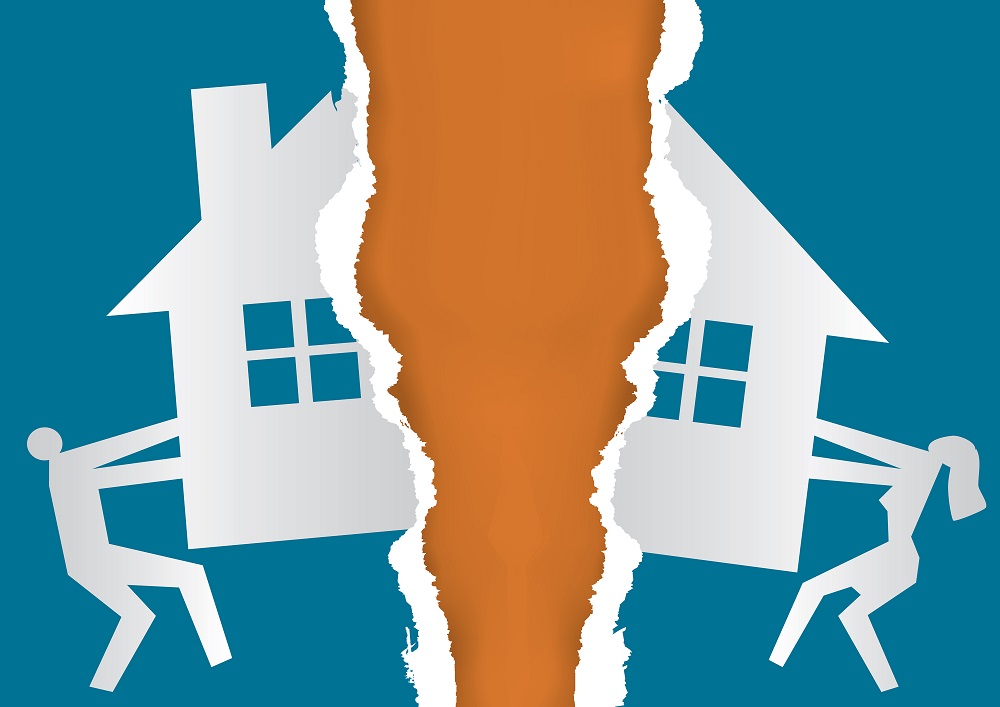 Divorce
Divorce
Are Assets Always Split 50-50 in a Divorce in…
California is a community property state, which means everything you and your spouse earned or purchased while you were in the marriage belongs to both of you equally.
But it doesn’t mean that you have to divide everything 50-50.
Splitting Assets in Your Divorce: Are They Always Split 50-50?
During your divorce, everything that you and your spouse contributed to the marriage during the marriage – with just a few exceptions – has to be divided equitably. Under California law, that doesn’t mean you have to split everything down the middle. Instead, it means that the way you divide things must be fair to both parties.
For example, you don’t have to sell your cars and split the profits so both of you can use them to buy new cars. If one of you has a nicer car than the other does, you’re free to work out an agreement between each other – and as long as it’s fair, the judge will most likely sign off on it.
Because the law requires you to split the sum of your assets fairly, you two can trade things off. For example, if you have an RV and one of you really wants it in the divorce, you can trade it for something of comparable value.
For most people, that means working together to reach a fair settlement. If you can’t work together, your Stockton divorce attorney may suggest that you try mediation. Mediation can save you a tremendous amount of time and money.
What Assets Do You Have to Split in Your Divorce?
The things that you and your spouse earned or contributed to the marriage while you were married have to be split equitably – not 50-50, just fairly. That includes:
- Assets you’ve purchased, like cars and your family home
- Bank accounts
- Both of your pensions and employment benefits
- Clothing
- Costs incurred from earning a college degree or professional license
- Cryptocurrency
- Furniture
- Investments you’ve contributed to or earned money from
- Patents
- Professional practices and businesses
- Stocks
Pension benefits are typically considered community property if they were earned during a marriage. However, Social Security benefits are considered separate property in many cases – but there are exceptions on what you can choose to receive in some cases. Because different types of assets, earnings and property are classified in a variety of ways, it may make sense to work with an attorney who can help you reach a fair settlement that leaves you both reasonably satisfied with the outcome.
What Doesn’t Get Divided 50-50 in a California Divorce?
Separate property belongs to each of you individually. You don’t have to divide it as part of your divorce settlement. That’s because separate property is generally classified as assets you brought into the marriage (because you had them before you married your spouse), gifts intended only for you, and inheritances.
Sometimes the lines get a little bit blurred between community property and separate property, and that’s where your lawyer comes in. She’ll let you know if something counts as an asset you must divide or one that belongs only to you. For example, a house you bought before you got married but lived in with your spouse is a mix of community property and separate property – and it’s called commingled property.
What About Dividing Debt 50-50 in a Divorce?
Debt is a lot like assets, in that both of you are responsible for paying any that you acquired during your marriage. Even if the debt is in only one of your names – like a house, a car or a credit card – you are both responsible in most cases.
Some people choose to use debt to negotiate during divorce. Let’s go back to that RV example we mentioned earlier. If one of you really wants the RV and the other one doesn’t want to be on the hook for a certain amount of debt, you may be able to reach a fair agreement with each other. Remember, though, that every case is different – and you’ll need to ask your attorney or mediator about whether what you’re planning is acceptable.
Do You Need to Talk to a Stockton Divorce Lawyer About Dividing Assets 50-50 in Your Divorce?
If you’re considering filing for divorce, or if your spouse has already filed, you’ll most likely want to talk to a divorce attorney. We can help you deal with this difficult process – just call us at 209-910-9865 to set up your consultation.
You may also be interested in:








